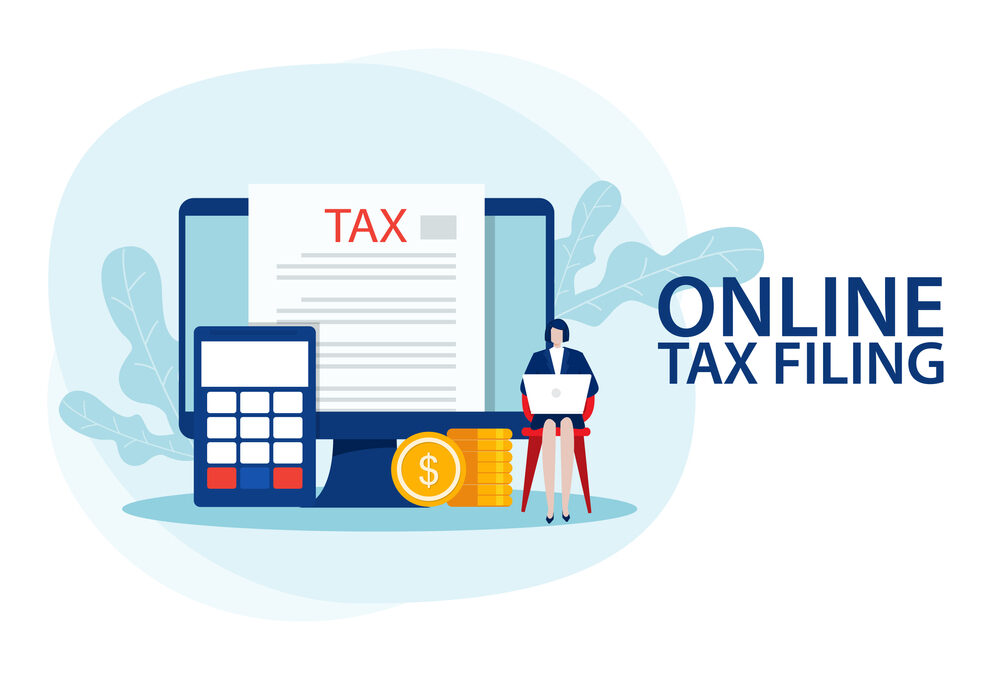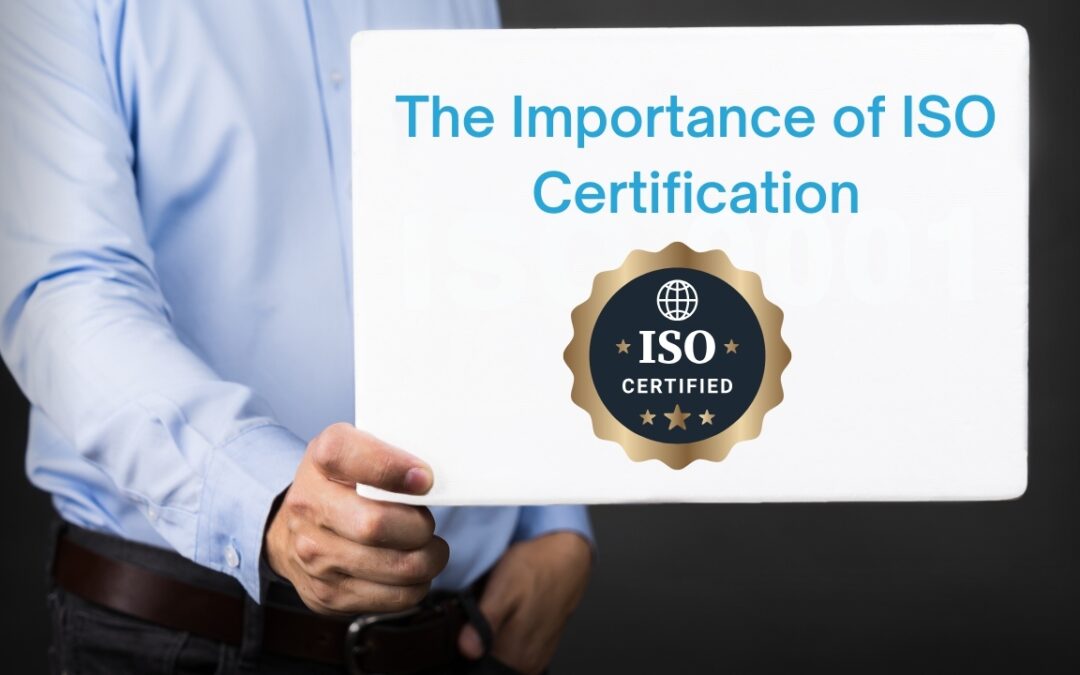
The Modern Business Solution Exploring the World of LLPs
Unveiling Limited Liability Partnerships (LLPs): Everything You Need to Know
A Limited Liability Partnership (LLP) is a modern business model that combines the collaborative approach of partnerships with the protective benefits of limited liability. In this guide, we’ll explore the essentials of LLPs, their unique advantages, and how they cater to various professional and entrepreneurial needs.
What is an LLP?
An LLP is a flexible legal framework designed to support businesses that want to blend professional collaboration with reduced personal risk. By limiting liability, it ensures that personal assets of partners remain protected against business liabilities, making it a preferred choice for firms like law practices, consultancies, and emerging startups.
Distinctive Features of an LLP
- Legal Independence: An LLP is treated as a separate legal entity, capable of owning property, taking loans, and signing contracts independently of its partners.
- Limited Partner Liability: The financial risks of partners are confined to their agreed contributions, shielding personal wealth from company obligations.
- Customizable Management Roles: Partners can outline their responsibilities and decision-making authority through the LLP agreement.
- Continuity Assured: LLPs endure changes such as partner retirements or additions without impacting the business’s existence.
Advantages of Forming an LLP
- Risk Protection: Shielding partners’ personal assets from liabilities and misconduct by others creates a secure operating environment.
- Tax-Friendly Structure: Many jurisdictions offer tax incentives, such as exemptions on specific levies, making LLPs financially attractive.
- Ease of Setup: The incorporation process for LLPs is straightforward and affordable compared to other corporate entities.
- No Capital Constraints: Unlike traditional companies, LLPs have no minimum capital requirements, offering great flexibility for startups.
- Professional Reputation: Adopting the LLP structure instills trust and confidence among stakeholders and clients.
How to Set Up an LLP
- Obtain Digital Signatures: A prerequisite for filing all official documents electronically.
- Secure Partner Identification Numbers: Every designated partner must register for a unique identification number.
- Name Your LLP: Submit a name for official approval, ensuring it aligns with local regulations.
- Draft an Agreement: Clearly define the partnership terms, contributions, and operational protocols.
- Register the LLP: Submit required documents online and complete the registration process with applicable fees.
- Receive Certification: Obtain the Certificate of Incorporation to officially commence operations.
Why LLPs Are a Game-Changer
LLPs strike the perfect balance between flexibility and legal safeguards. They allow businesses to collaborate efficiently without the bureaucratic challenges of corporations, making them a go-to option for professionals, startups, and established enterprises.
Final Thoughts
Embracing the LLP model can transform the way you do business, offering a secure and adaptable foundation for growth. Whether you’re launching a new venture or restructuring an existing one, understanding the LLP framework is key to making strategic decisions.
Looking to establish an LLP? At YesToBoss, we specialize in simplifying the process, from registration to compliance. Let us help you build a robust business framework so you can focus on achieving your goals. Contact us today to get started!











